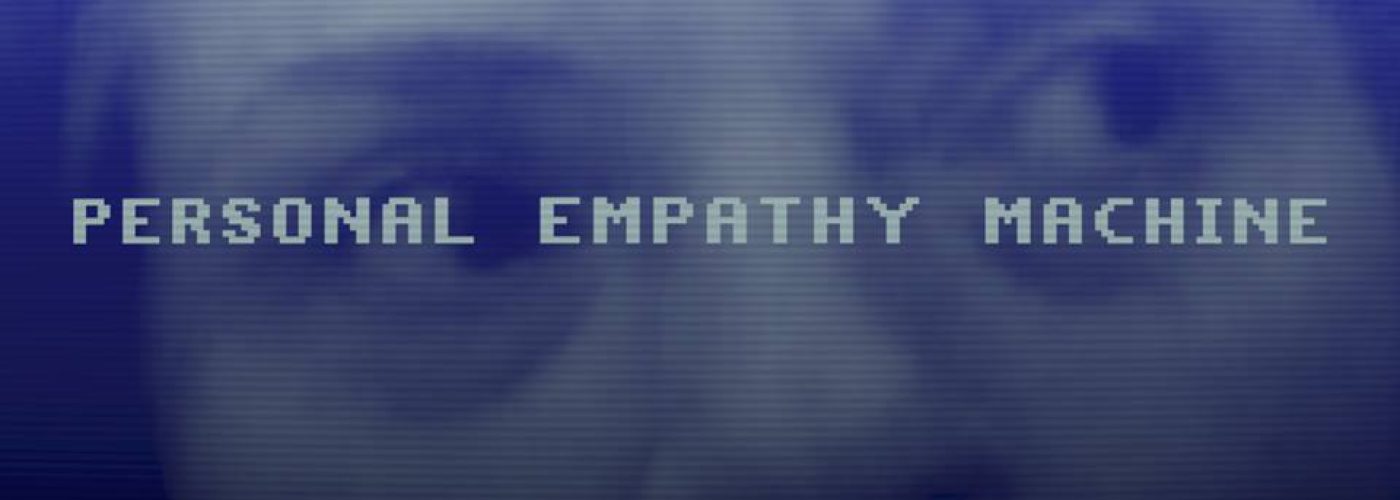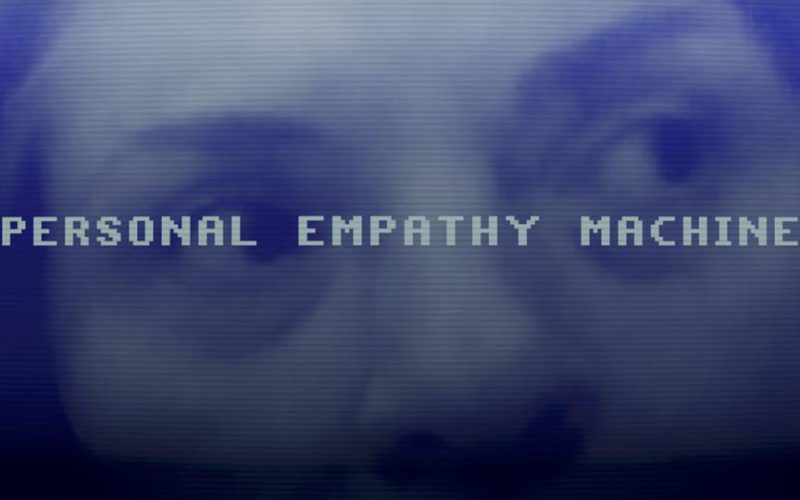Curious about what is happening in the framework of our European cooperation program Performance(s) between two shores? Blogger Sheyma Buali and videoblogger Valerij Lisac give regular updates about the residencies, performances, and other activities on a special Facebook page. Below you can read about the first residency of Personal Empathy Machine (9-24 November 2016) at Dancing on the Edge.
The first residency has begun at Amsterdam’s Dancing on the Edge. Amal Omran, Kathryn Hamilton, and Hatem Hadawe have come together to work on a theatre piece, entitled Personal Empathy Machine, about empathy, and by extension, action in response to what is happening in Syria now. Putting displacement at the core of their work, the artists will look at themes of imprisonment and mobility in their upcoming project. They set out to Amsterdam to start the residency which will develop these ideas into a complete performance. But unfortunately, on the way over, these issues, which are being witnessed by so many, which they decided to metaphorically investigate through performative practices, became their reality.
Upon preparing to go to Amsterdam, Kathryn, Amal and Hatem’s own inability to be together became a challenge that they had no choice but to work with. Hatem faced bureaucratic complications between his Dutch visa and his Turkish base, and so could not any longer attend the Amsterdam residency in person. Amal, who left Turkey with no legal access for return, would not be able to be in the same room as Hatem for some foreseeable future. Kathryn, who holds an EU identity, is a physical link to them both. Now, Skype, video exchanges and email are their only way of developing their work together as a group. ‘We want to make this sad situation something positive,’ they all chime a mantra as a mission.
So how do you represent somebody who is not there? This question has now extended from the initial thematic focus of ‘mobility’. This idea is no longer pegged only to personal and physical freedoms, national boundaries and the right to safe and humanitarian treatment and shelter. It has now extended to the idea of expression, representation, the ability to tell one’s story, and even practice artistically. How does one carry on their work when these limitations extend on so many levels – including the physical, spatial, bureaucratic, intellectual?
At this first part of the Dancing on the Edge residency, Amal and Kathryn work together with Hatem, held back in Istanbul, on Skype and email. They think and discuss their project through these remote means. They document their every session so that later, when Kathryn and Hatem are in the same room, they will be able to review what happened and make further decisions. Later, as Amal sits in Paris, her videos will be sent to them so they can discuss the videos, the actions taken in them. These video documentation/communication will be part of the process, where process a big part of the end piece.
This first week exploring issues that they are unfortunately experiencing are presenting a sad, disappointed air among the group. But this disappointment and feelings of disenfranchisement will lend themselves as fuel to the project. This direct proximity and the reality of the urgency of the situation will have a strong role in the end result. Today’s conversation was the very beginning of a process that will take a year. Confusion does resonate, and there is no doubt that politically and creatively, much will happen in the coming months. With this lack of expectations, the development of this piece will be a very organic process.
The process at this point: they have ideas on the metaphor that the performance will explore, anxiety about this political situation and the bureaucracy and how it will affect Hatem, video documentation of daily interaction, plans to experiment with performances in front of a tight circle of friends and colleagues.
By: Sheyma Buali


